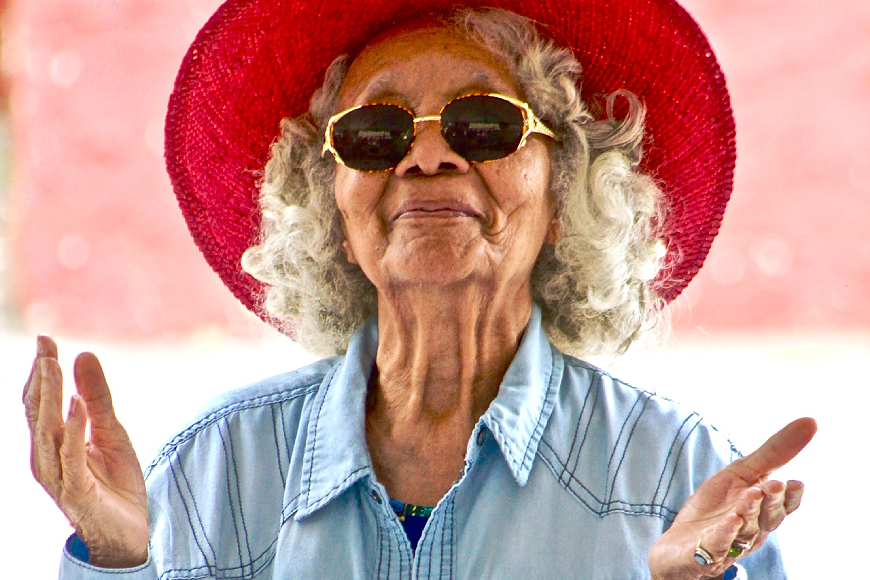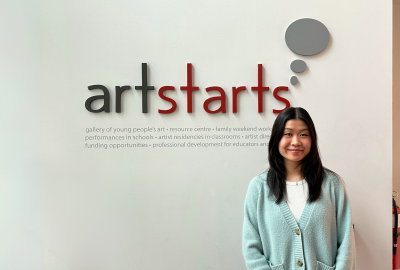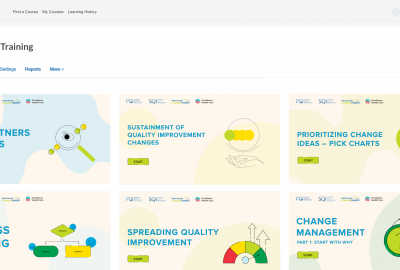
Working with seniors can be very challenging and definitely requires a lot of patience. However, I have learned many tips and tricks through my experiences as a Student Kinesiologist and have gained insight into how seniors tend to think and act. I find working with seniors to be quite rewarding as they can often be misunderstood and treated as a burden to society. These tips apply to any context and are not just for those treating or exercising with seniors.
1. Don’t Treat Them Like They’re Babies!
Most of the seniors that I work with are fairly independent and they hate being treated like babies. With that being said, it is well known that seniors are at a higher risk for falls and injury. You need to be close enough to them to prevent injury or falling, while also not appearing to be too overbearing. Use common sense. If you see them really struggling, you should help.
2. Share Your Knowledge
This is a great way to build rapport with seniors. If they see that you have a lot of knowledge and know what you are talking about, they are more likely to trust you. From my experience, they also like to learn new things and are happy to have you share your knowledge of anatomy, physiology, or whatever else you know lots about.
3. Be Yourself
Don’t be afraid to be yourself around seniors. Being genuine is another great way to build trust and they really do appreciate authentic conversations. I try my best to build a connection with each and every single one of my clients, as I personally believe that it is the key to promoting health and wellness. Typically I will try to build connections with my clients by showing that I truly care about improving their strength, wellness, or functional ability. If they see that you care about their well-being, they are more likely to take their exercise/training seriously.
4. Realize That You Are There to Do More Than Just Your Job
Humans thrive on social interaction. Many seniors, especially the ones that are quite old, do not have many friends that are still living and some have family members that are not able to visit very often. You may not realize it, but you are providing the necessary social interaction that many seniors lack. Simply having someone to talk to can brighten their day. Many of my clients are often very excited to see me and enjoy telling me what they have been up to during the week. Similarly, they also like to hear about what is going on in my life too.
5. Let Them Tell You Stories
Seniors love to share stories about their past. Make sure you are actively listening (tips on how to actively listen) and paying attention to details. I find that just simply being able to repeat details about their stories or ask them questions brings a smile to their faces. Sometimes they will tell you the same stories more than once, but overall, I have personally found that it is better to respond as if it’s the first time you’re hearing it. This avoids unnecessary embarrassment and prevents awkward interactions between you and your clients.
6. Be Empathetic
Always try to put yourself into their shoes and understand what they are thinking or feeling. In my experience, the number one factor that prevents seniors from exercising is the fear of falling. Try to understand what barriers they are experiencing in their lives. You need to be adaptable and provide alternate solutions/methods of doing things if they are not comfortable with something.
7. Be Prepared for Seniors With Dementia
Many seniors are affected by dementia and this has profound effects on their memory, communication skills, ability to focus and pay attention, reasoning and judgement, and visual perception (Alzheimer’s Association, 2017). Emotions and behaviour are commonly affected in those with dementia, which can cause stress to the patient and their caregivers (UCSF Memory and Aging Center, 2017). Someone with dementia could be happy and then all of a sudden become quite irritable and yell at you. It is important to understand that it is nothing personal and the dementia is severely affecting the individual’s judgement. I have found that it is beneficial to give the person time to calm down and you should avoid bringing attention to the situation, unless they are being aggressive. If a client does become aggressive, you need to remain calm, but call the nurses or care aids to assist you.
8. Be Patient
As obvious as this may seem, it cannot be stressed enough. Often, seniors are hard of hearing and it may take them a little longer to process information. Take your time when explaining things, break them up into smaller parts, and talk loudly and clearly. Lastly, explain what you are doing and why you are doing it.
9. Be Punctual and Respect Their Time
As I mentioned earlier, you may be the only social interaction that they receive in the day. They are waiting for you to arrive and most people, including seniors, do not appreciate those who are unreliable. Seniors, like others, may interpret you being late as a lack of care and respect. It may appear to them as if you don’t take pride in your work and just want to get your job over with as soon as possible. Alternatively, punctuality demonstrates professionalism and helps build mutual respect.
10. Accept All Snacks and Treats That They Give You
Many of the seniors I work with love to share snacks and treats. I have received all kinds of chocolates, cookies, candies, and trail mix bags from my clients. When I first started my job, I would often decline the treats; however, I learned that they love to give you snacks and they sometimes put quite a bit of effort into preparing them. My advice is to politely accept all treats with a smile and be thankful that they are sharing with you. If you have food allergies or restrictions; you should let them know and they will understand or even try to find an alternative for you I also highly recommend that you keep up with some form of exercise if you don’t want to gain a bunch of weight (I’m exaggerating a bit here). I personally receive these types of snacks three to four times a week and some of them are quite sugary. You can also try sharing these treats with your friends and family.
If you do your best to follow my tips, I think you will achieve success in working with seniors. I see six to eight different clients every day and so far, I have had very few issues. However, these tips are not going to work with every single client; therefore, it is important for you to be adaptable and understand the contexts in which you can apply them.
References
Alzheimer’s Association. (2017). What is Dementia? Retrieved from http://www.alz.org/what-is-dementia.asp
UCSF Memory and Aging Center. (2017). Brain 101: Topics in Neuroscience. Retrieved from http://memory.ucsf.edu/brain/behavior/emotions















